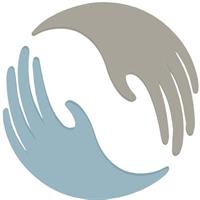Benefits of Massage

Experts estimate that up to 90% of disease is stress-related, and high stress can accelerate aging both internally and externally. Massage has been shown to be an effective tool for managing stress, with a range of benefits including decreased anxiety, enhanced sleep quality, greater energy, improved concentration, increased circulation, and reduced fatigue. Beyond stress relief, massage can also be used to address specific health issues. For example, it can alleviate low-back pain and improve range of motion, assist with easier labor for expectant mothers, and help shorten hospital stays. It may also help reduce medication dependence, enhance immunity by stimulating lymph flow, and exercise and stretch weak, tight, or atrophied muscles. Athletes can benefit from massage to prepare for and recover from strenuous workouts, and massage can also improve the condition of the skin, increase joint flexibility, and reduce depression and anxiety. Additionally, massage can promote tissue regeneration, reducing scar tissue and stretch marks, pump oxygen and nutrients into tissues and vital organs, and reduce postsurgery adhesions and swelling. Other benefits of massage include reducing spasms and cramping, relaxing and softening injured, tired, and overused muscles, and releasing endorphins—the body's natural painkiller. And for those who suffer from migraines, massage has been shown to provide relief from the pain.
Areas Covered
Charlotte, NC
